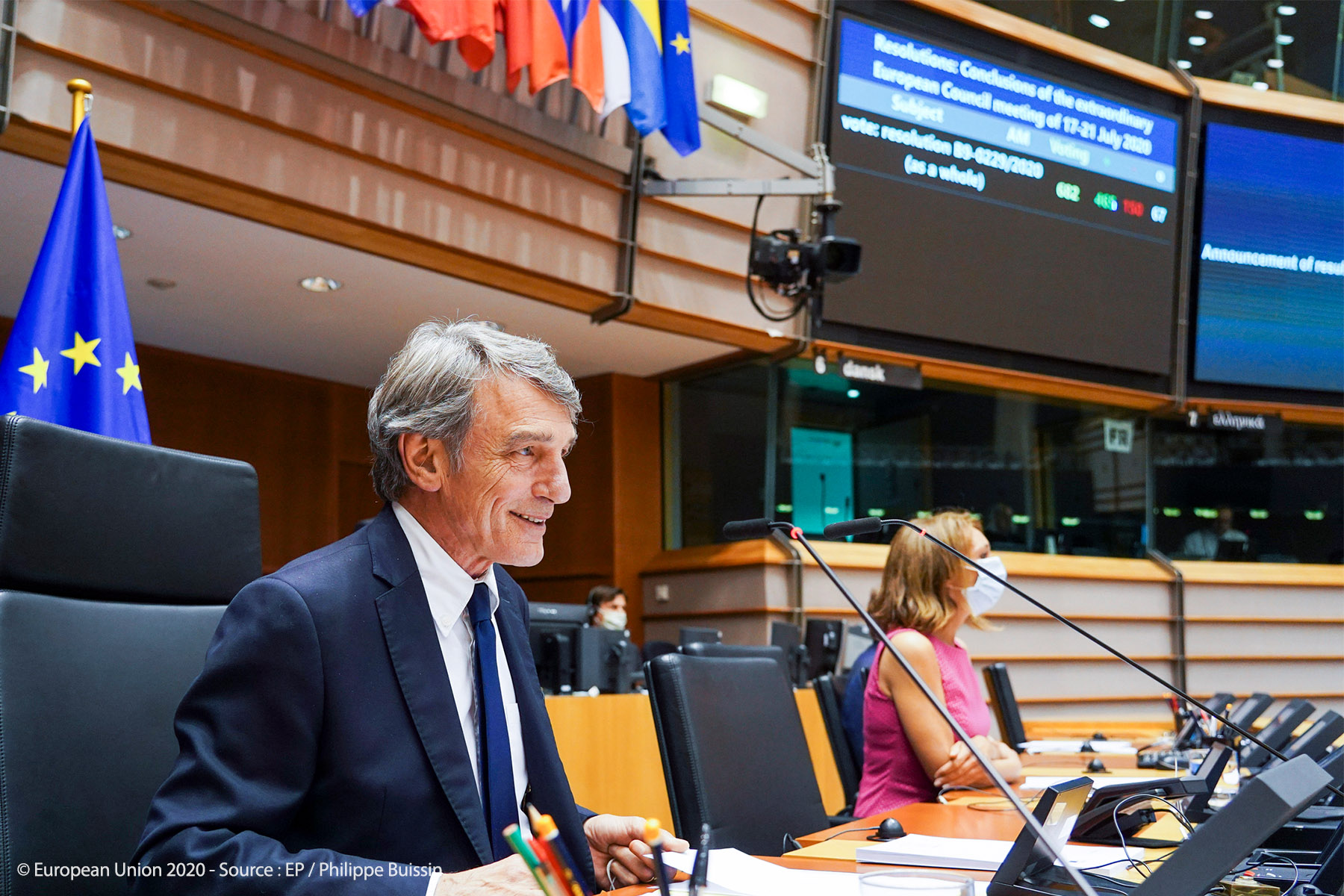EU long-term budget deal must be improved for Parliament to accept it

In a resolution on the conclusions of the extraordinary European Council meeting of 17-21 July 2020, adopted by 465 votes against 150, with 67 abstentions, MEPs paid tribute to the victims of the coronavirus and to all the workers who have been fighting the pandemic. They underline that “people in the EU have a collective duty of solidarity.”
Positive step for recovery, inadequate in the long term
In the text, which serves as a mandate for the upcoming negotiations on the future EU financing and recovery, Parliament welcomes EU leaders’ acceptance of the recovery fund as proposed by Parliament in May, calling it a “historic move for the EU”. MEPs deplore however the “massive cuts to the grant components” and call for full democratic involvement of Parliament in the recovery instrument which “does not give a formal role to elected Members of the European Parliament”.
As for the long-term EU budget, they disapprove of the cuts made to future-oriented programmes and consider that they will “undermine the foundations of a sustainable and resilient recovery.” Flagship EU programmes for climate protection, digital transition, health, youth, culture, research or border management “are at risk of an immediate drop in funding from 2020 to 2021″, and that as of 2024, the “EU budget as a whole will be below 2020 levels, jeopardising the EU’s commitments and priorities.”
Parliament cannot accept a bad agreement
Parliament thus does not accept the European Council’s political agreement on the 2021-2027 MFF as it stands and “will not rubber-stamp a fait accompli”. MEPs are “prepared to withhold their consent” for the long-term EU budget, the Multiannual Financial Framework (MFF) until a satisfactory agreement is reached in the upcoming negotiations between Parliament and the Council, preferably by the end of October at the latest for a smooth start of the EU programmes from 2021.
